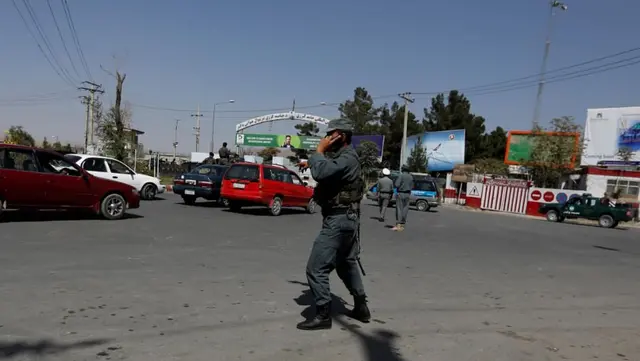Teresa Romero, the Spanish nurse who has been infected with the Ebola virus could have become infected after accidentally brushing her face with a glove as she was taking off her isolation suit.
That is the explanation given by Dr German Ramirez of Internal Medicine at the La Paz Hospital in Madrid on Wednesday to explain the first case of Ebola contagion outside of Africa.
Ramirez said that rather than an error, this was an "accident," which may have happened after Romero was cleaning the room used by an Ebola victim, Manuel Garcia Viejo, in the Carlos III Hospital, which is under the authority of La Paz.
"We have been looking at the order of taking off the suit and she said there was a possibility there could have been contact with her face," he explained, adding it could have happened the "first time," she took the suit off.
Earlier in the day, Romero had spoken to Spanish TV station ' Cuatro' and explained the course she had been given before treating Garcia Viejo, who died on Sept 25, had lasted "just a very short time."
Spanish medical unions had complained about the lack of an effective security protocol to deal with the Ebola virus with Mar Rocha from the nurses' union SATSE telling Spanish State TV network, RTVE , that nurses had "been months asking for a specific security protocol but they refused to publish them."
The Vice Secretary of the Association of Doctors and Higher Qualified Specialists in Madrid, Gabriel del Pozo commented: "If attending patients is obligatory, then training courses should be as well. The protocols have not been properly taught. Some nurses say they lasted 15 minutes and were not even obligatory."
Wednesday afternoon saw medical staff protest outside the Carlos III Hospital where Romero is being treated and at the nearby La Paz Hospital, against what they view as a lack of safety measures and equipment to deal with Ebola cases and the poor management of the situation by that Spanish and Madrid Health Authorities.
There were also protests outside Romero's flat in the sleeper town of Alcorcon before and after the family dog 'Excalibur' was put down as a result of the risk that it could carry the Ebola virus.
"Unfortunately there was no alternative," explained the Director of the Health Service in the Community of Madrid, Javier Rodriguez in the light of studies from Gabon from 10 years ago which show dogs can carry the virus without showing symptoms.
Two people were injured as the van taking the dog's body away to be incinerated and riot police were also forced to intervene, while the hashtag #SaveExcalibur became the number one trending topic on 'Twitter' throughout Spain.
Finally it was confirmed that Spanish health authorities are monitoring the condition of 54 people who came into contact with Romero, five of whom, including her husband, are considered to be "high risk" of contracting the virus themselves.
 简体中文
简体中文

